kotobuki Long Life 寿き ことぶき
(modern version)
kotobuki Long Life 寿き ことぶき
kotobuki Long Life 寿き ことぶき
(modern version)
kotobuki Long Life 寿き ことぶき
(older version)
kotobuki Long Life 寿き ことぶき
(older version)
kotobuki Long Life 寿き ことぶき
(older version)
kotobuki Long Life 寿き ことぶき
kotobuki Long Life 寿き ことぶき
kotobuki Long Life 寿き ことぶき
(older version)
kotobuki Long Life 寿き ことぶき
kotobuki Long Life 寿き ことぶき
kotobuki Long Life 寿き ことぶき
kotobuki Long Life 寿き ことぶき
(older version)
kotobuki Long Life 寿き ことぶき
(modern version)
kotobuki Long Life 寿き ことぶき
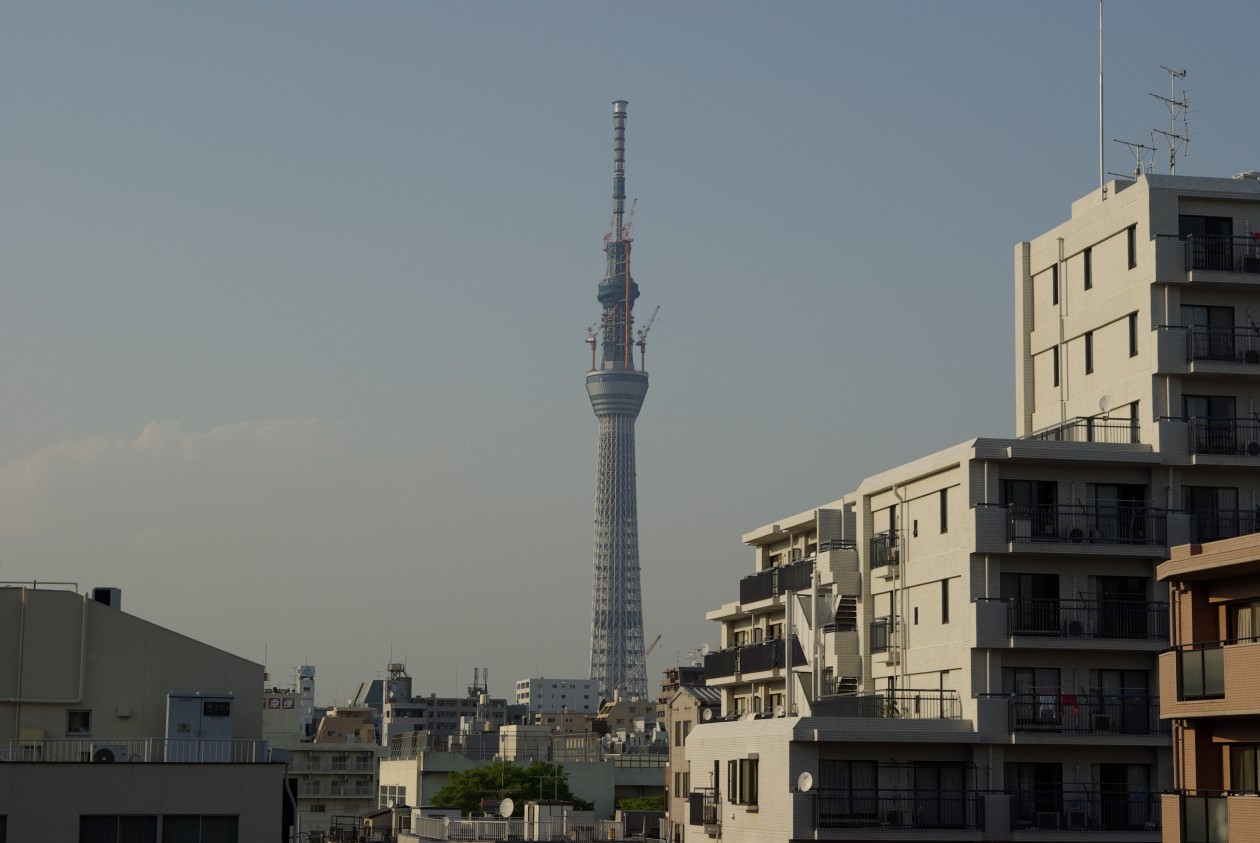
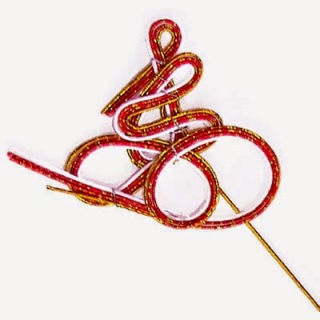
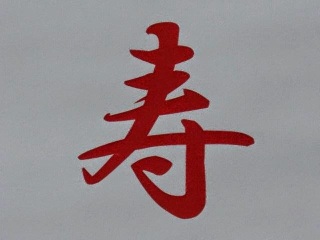
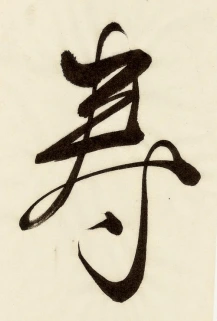
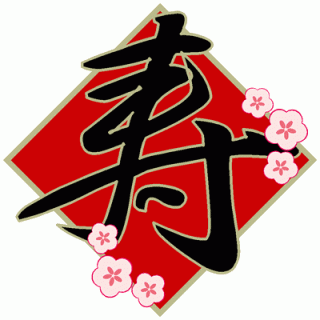
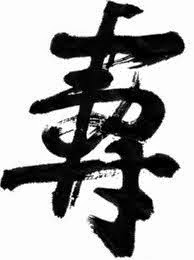
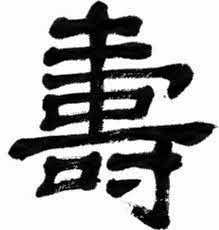
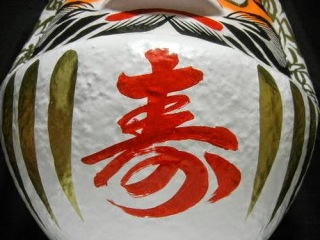
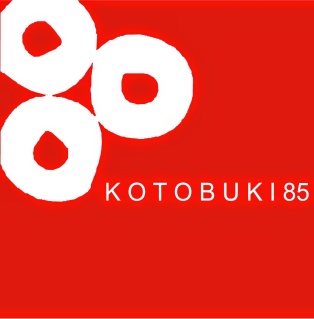
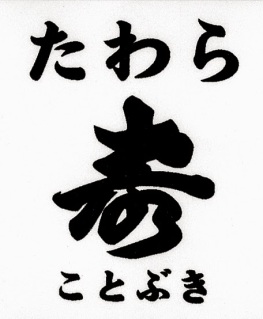
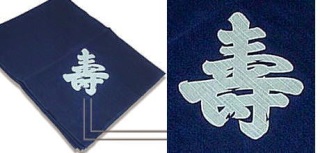
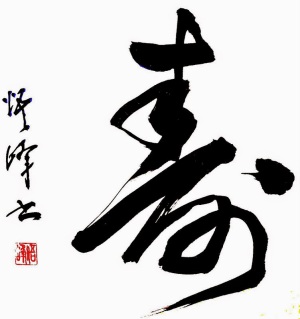
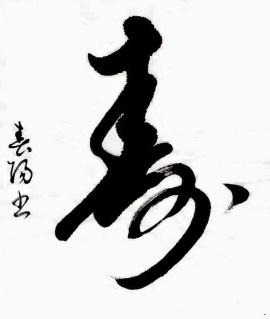
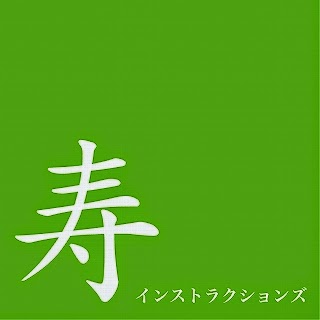
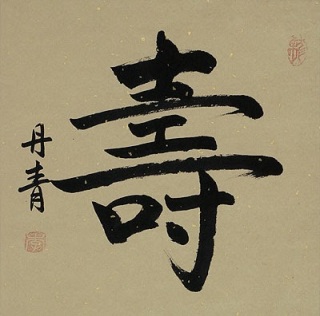
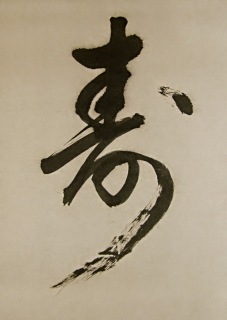




























































You must be logged in to post a comment.